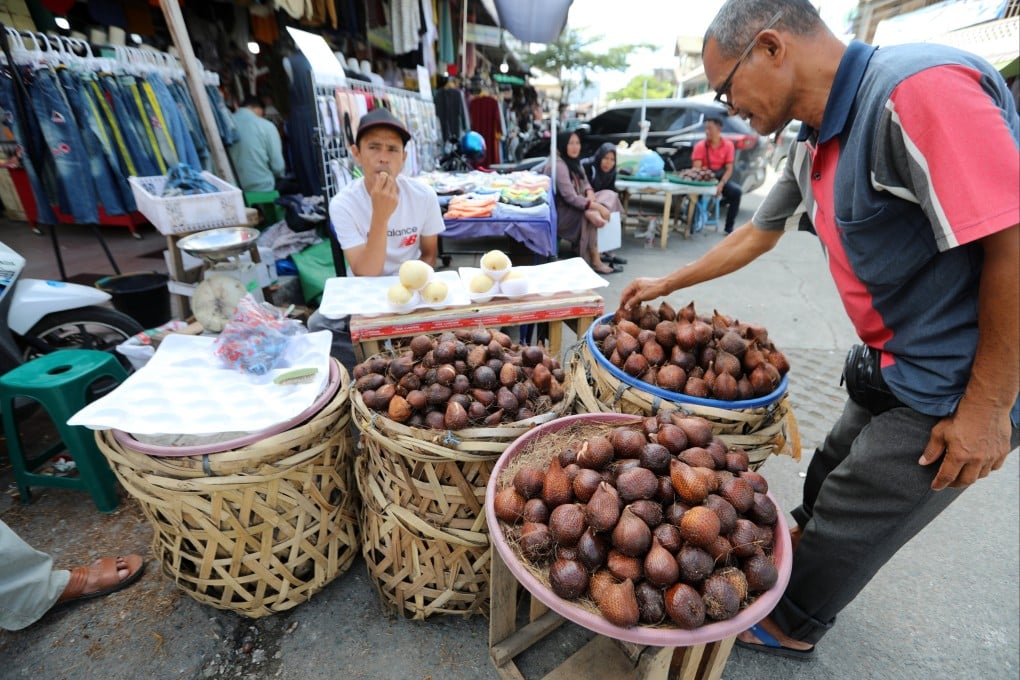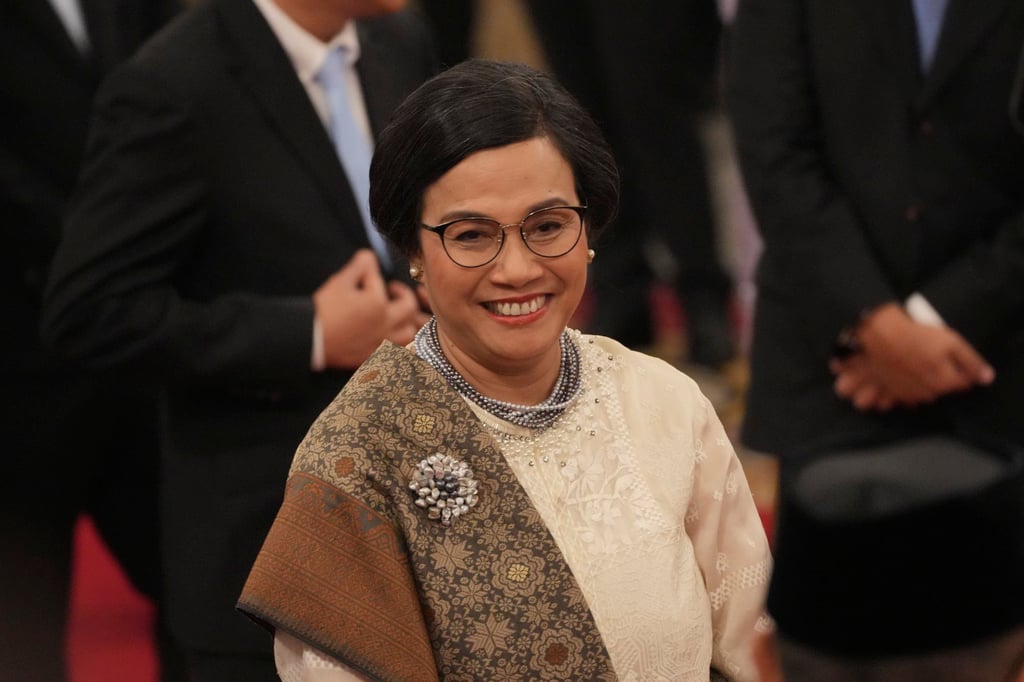How Prabowo’s cabinet choices could affect Indonesia’s growth targets, economy
Analysts say Sri Mulyani’s reappointment as finance chief can reassure markets, but warn retaining most of Widodo’s team may affect economic policy

Indonesia’s new president, Prabowo Subianto, has signalled continuity and stability by retaining key economic ministers from his predecessor’s administration, but analysts warn that internal cabinet discord could undermine his ambitious growth targets for Southeast Asia’s largest economy.
Prabowo reappointed Sri Mulyani Indrawati as finance minister, a role she has held since 2016 – two years into former president Joko Widodo’s first term – and previously from 2005 to 2010 under Susilo Bambang Yudhoyono.
Her inclusion in Prabowo’s “Red and White cabinet” is seen as a move to reassure markets that the new president “will continue implementing sound fiscal management and will prioritise stability”, said Siwage Dharma Negara, a senior fellow at the ISEAS – Yusof Ishak Institute in Singapore.
“Prabowo chose Sri Mulyani because he needs someone with a proven track record in managing the state budget and can maintain market confidence in the country’s budget management,” Siwage said.
“With her experience, Sri Mulyani is expected to help the new administration in dealing with various multinational financial agencies to support Indonesia’s financing needs.”

Sri Mulyani, a former World Bank managing director, is widely credited with safeguarding Indonesia’s US$1.3 trillion economy during the Covid-19 pandemic and prudently managing the budget despite limited flexibility.
